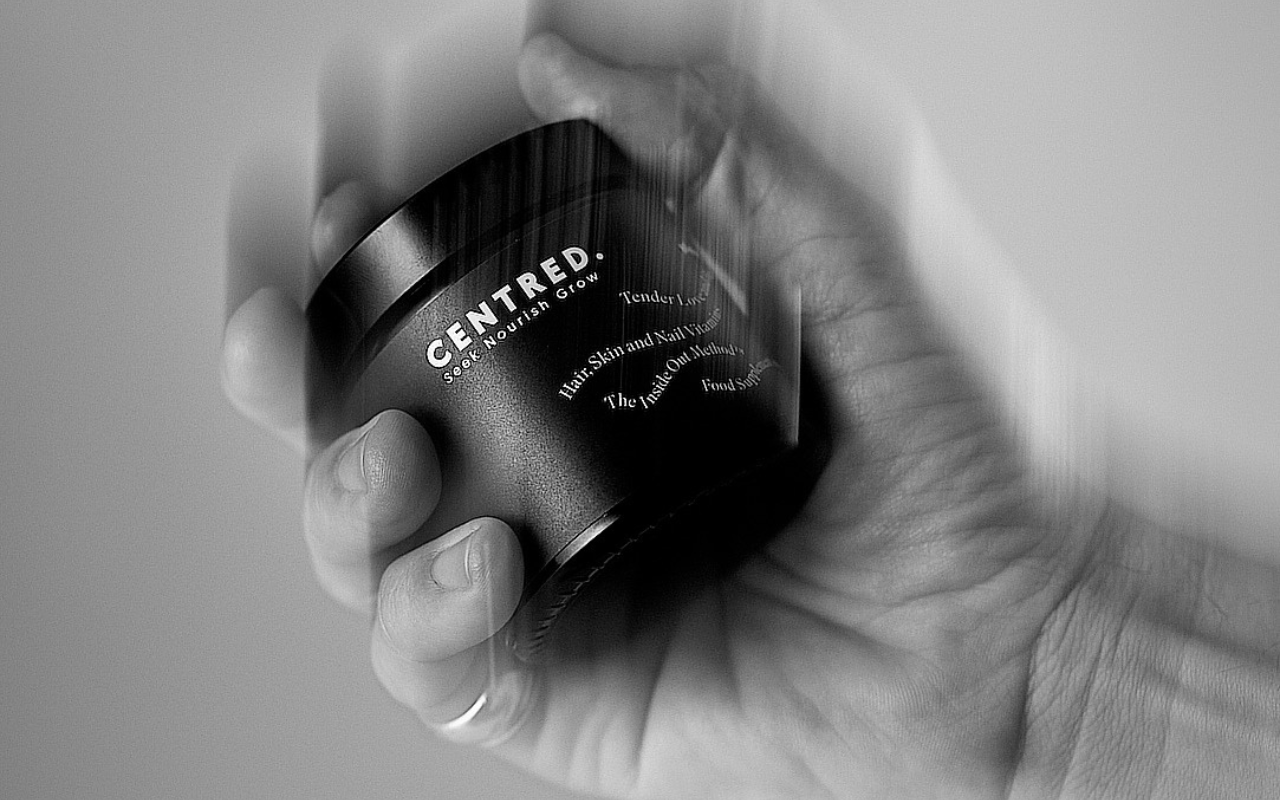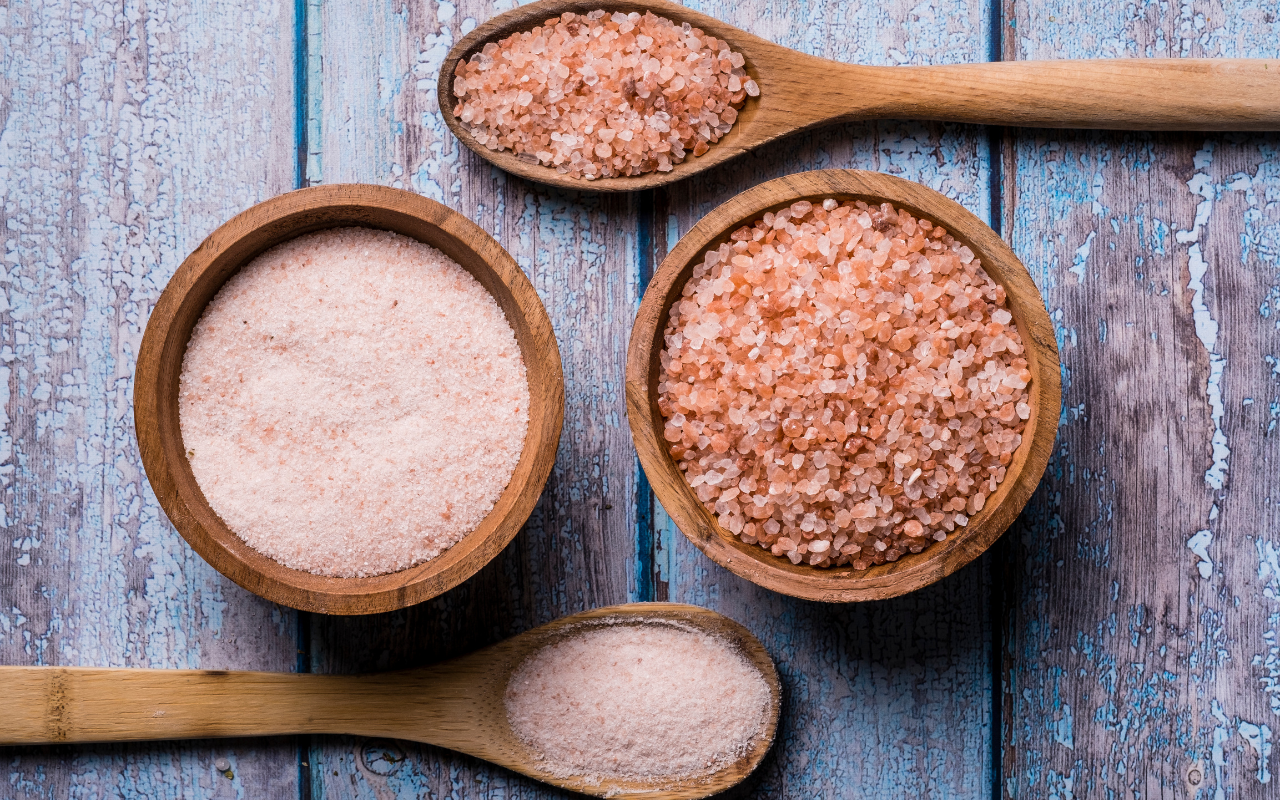Women are strong, we are empowered, we are astute. Everyone wants to be all up in our business, get up close and personal, judge us but, when it comes to our period, that’s where they put a full stop. No one wants to discuss periods or menopause. The stages that both mark the start and end of menstruation. Great. Damned if you do, damned if you don’t.
Today I’m discussing social stigmas. We’re talking women’s health and the two taboo topics no one wants to openly talk about.
Periods and Menopause.
Code Red
Your Menstruation Cycle. Also known as Periods, Crimson tide, T.O.M, Monthlies and unfortunately my favourite one, Aunt Flo. But why so many euphemisms when it’s simply a biological function we have no control over? Better yet, literally half the world’s population can personally relate so, why do you and I need code words? This is just one of many ways women’s health is stigmatised, shamed and placed under a taboo in places around the world. A recent study by the International Women’s Health Coalition found that there are approx. 5,000 words used to refer to menstruation in 10 different languages. Not five hundred or a thousand. Five thousand. All for a natural, biological function. Meanwhile, we have Mr. Trump referring to Megyn Kelly’s menstrual cycle as “Blood coming out of her wherever”.
How many slang words or euphemisms do we have for other bodily functions we have no control over? Why are periods such a taboo despite being a very normal bodily function?
Around the World
People around the world in different countries have their own unique ways of stigmatising and inconveniencing menstruating women. This is because cultures all around the world have established negative connotations and beliefs about menstruation. In parts of India, women are often excluded from social and religious events, denied entry into temples and shrines and even kept out of kitchens. Similar to this. In Ghana, women are stopped from entering a house with a man or from cooking food. In Venezuela, many women are forced to sleep in huts for the duration of their periods. Isolated for having a bodily function, not committing a bloody crime. It’s about time we walk away from the notion of our periods being a dirty sin.
Menopause
Just like our periods, Menopause is also a natural bodily function whereby we stop having our monthly period. It’s the end of a woman’s reproductive years and usually starts between 45-55 years of age. But some experience it much younger (30-35) this is called perimenopause. A recent study by the British Menopause Society has shown that Menopausal symptoms affect more than 75% of women. So, whilst not all women going through the menopause will experience menopausal symptoms, the majority will and over 25% describe severe symptoms. This then prevents us from doing normal activities. Menopause can cause common symptoms such as hot flushes, weaker hair and nails, night sweats, low sex drive, vaginal dryness and problems with memory. A recent report in The Guardian states that “more than 1 million women in the UK could be forced out of their jobs this year because their employers are failing to support them as they go through the menopause”.
The Herstory of Menopause
We often read articles on Menopause which pose it as an illness that needs some sort of treatment. And of course, getting appropriate treatment is beneficial and makes total sense. But Menopause was, and is, not just a natural life event, it is also a socially constructed process. Having said that, there has been a significant positive change in our understanding of modern menopause compared to how it was seen years ago. Back in the day, too often, menopausal women were constructed as wicked witches, or wise women. Today, we see a progressive approach but a work in progress.
The affects on hair
By the time we reach mid-life, our hair may already be showing signs of ageing such as greys appearing and texture changes like hair becoming more frizzy and dryer. With the hormonal changes of the Menopause, hair can change further and even show signs of thinning. These changes are down to the fact that our bodies produce less key minerals naturally so the hairs structure tends to be weaker than it was when it was grown in a persons 20's. Hormonal shifts also mean women are more prone to the affects of Testosterone after the decrease in Oestrogen, and some women may experience thinning hair as a result and due to having follicle sensitivity, the syndrome that is responsible for pattern thinning in men. Whilst the ageing process can't be stopped, caring for your hair well will help to retain your hairs lustre for longer and could involve scalp treatments, nourishing from the inside with supplements and lots of hydrating treatments alongside avoiding damaging your hair from heat styling and colouring. This way you are giving your body everything it needs to support healthy hair growth.
Look after yourself
These stigmas have a greater impact on women than just the societal aspects. It results in us women having to constantly downplay symptoms, being reluctant or delaying seeking medical help. It causes shame or self-doubt, self-isolation and harassment. The consequences are deeper and detrimental to women’s wellbeing. In some cases, we just don’t want to cross that bridge and come to terms with accepting and most importantly, embracing our biological transitions. It’s time. Time to stray far, far away from social stigmas, to celebrate our bodily changes, to be proud of all that makes us women who we are. It’s time to look after yourself, your mind, your body and your emotions. Take the time you need to recuperate, remember to give your body the nutrition it craves and find your well-deserved and much-needed moments of calm.
I hope you enjoyed this post. If you have any questions please drop us a line by emailing hello@wearecentred.com



